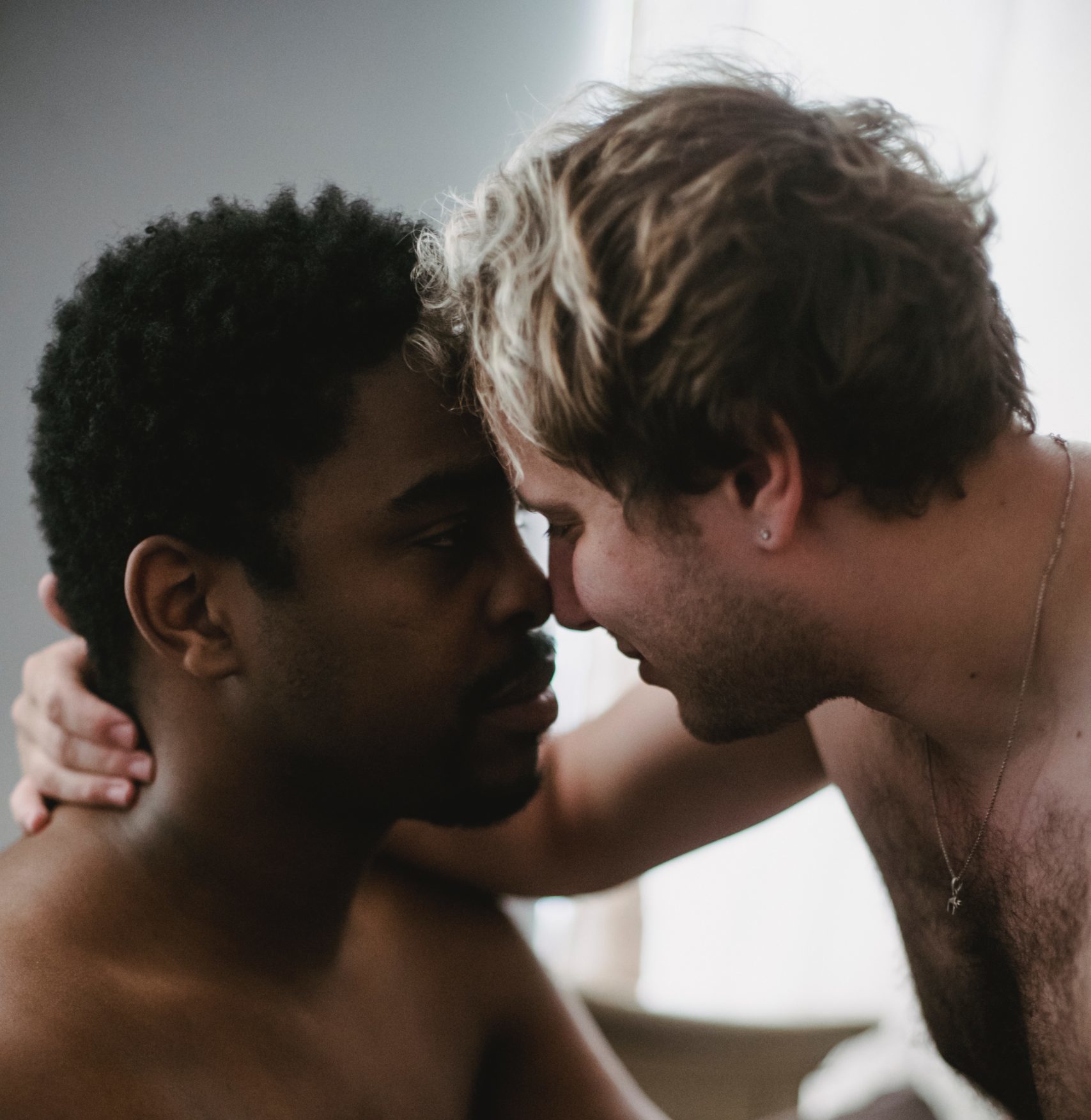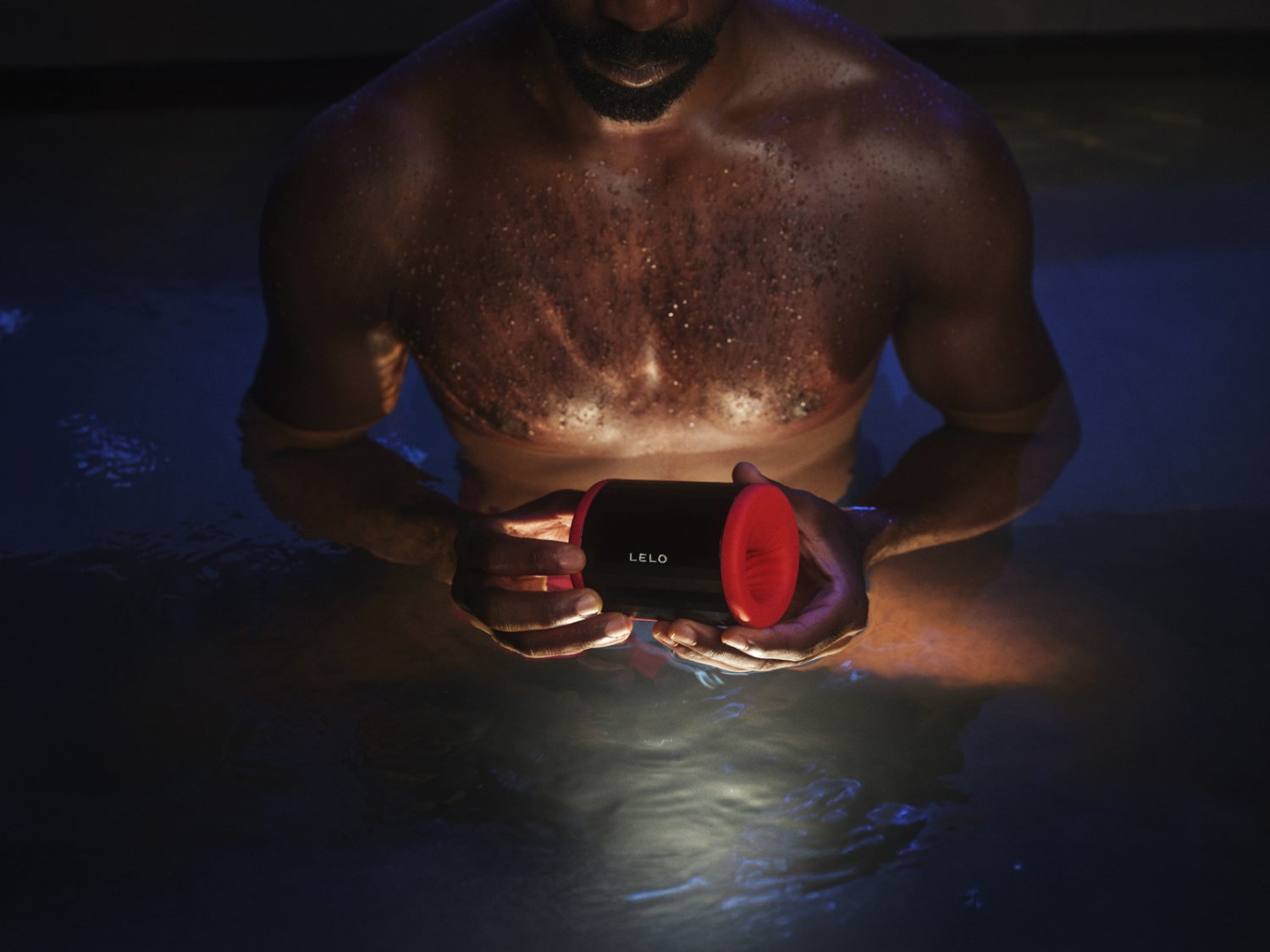There’s a lot that goes into forming a healthy relationship. There’s compromise, establishing boundaries, and of course choosing a Thai take out place you both like. Underneath it all, however, is a foundation of trust.
Trust and honesty ensure that you and your partner can be on the same page through the good times, and the not so good ones. (Like when you’re fighting about Thai takeout places.)
People talk about trust all the time. But what does it really mean? Let’s break down the building blocks of trust in a healthy relationship.
Trust Takes Time
Much like love itself, trust is something that develops over time. The longer you know someone, the more they can show you that they will be there for you, and most importantly, that they won’t hurt you. That when they say something, they really mean it.
Trust accumulates like spare coins in the jar you keep in the kitchen. And like a rainy day fund, trust comes in hand when something goes wrong or not as planned or when you just want to do something fun and adventurous.
Why Trust is Important
The famous four words in every action rom-com are “Do you trust me?” Whether someone is jumping across a burning rooftop or entering some dramatic car race, moments of intense chaos or danger call for complete trust between two people. When it comes to a romantic relationship, trust allows partners to fully open up to each other—emotionally, sexually, spiritually, and otherwise.
You trust that your partner is going to show up on time to your mom’s house because you trust that they know how much it means to you. You trust that your partner is being faithful to you because you both decided to be monogamous. And when something crosses the line or a situation doesn’t as planned, you trust that your partner is going to keep your best interest in heart because you trust that they love you.
Trust is needed to feel secure in a relationship. It’s needed to make the relationship real and meaningful. And most importantly, trust is needed to work through inevitable conflicts in a productive and healthy way.
Components of Trust in a Relationship
Consider trust a spicy stir-fry, made up of tons of delicious bits. While there are countless little things that help build trust, some of the major building blocks are: Reliability, Communication, Empathy, Transparency, Accountability, and Recognition.
Reliability
As my father always said, actions speak louder than words. Though someone may talk a big game about how much they love you, their words mean nothing if they never follow through. To trust someone you have to know that they are reliable. That they mean what they say and say what they mean. That they’ll remember to pick you up from the airport and will always text when they’re running late from work. When someone is bailing all the time, full of excuses, and super flakey, it’s impossible to feel a sense of trust with them.
Communication
While this may sound like a given, communication is a super important aspect of building trust. Your partner isn’t a mind reader, and while it may be annoying, sometimes you’re going to need to spoon-feed them about why you’re upset or what you need from them. Yet, being able to open up with someone and learning to really connect deeper with them is a great way to create an honest connection. When you and your partner know how to effectively communicate with each other (not yell and scream or be passive-aggressive) you can work through problems and better understand where each other is coming from.
Empathy
When you and your partner can really feel for each other, you start to feel safe and held. After a long day at work or a big fight with your sister, knowing that your partner is going to care for you and be in the trenches with you lets you be vulnerable and open up to them. If your partner judges you or makes you feel needy or ashamed for feeling your feelings, it’s going to be impossible to feel a sense of security.
Transparency
There’s no room for shady business here. At its core transparency means honesty, yet in a broader sense, it just means coming clean with whatever you’re feeling. Did you have a stressful meeting and you’d rather drink a glass of wine in your jammies than go out? Transparency is saying that rather than going to dinner you didn’t want to go to and being grouchy the whole time. Transparency is showing your partner all your cards and in so, seeing theirs.
Accountability
We make mistakes. We screw up and say we’re going to do something and then we don’t. To be human is to be imperfect. Trust doesn’t mean that you never do anything wrong, it means you take accountability when you make mistakes. You recognize what you did and ask for forgiveness. You make an effort to do better next time. Show your partner (with your actions) that you care enough about them to modify your own behavior.
—
Griffin Wynne is a non-binary writer, artist, and plain seltzer drinker. When they’re not discussing sex in the ~digital era~ or crying to the Dixie Chicks, Griffin enjoys camping, reading, used clothes, and documentaries about cults. They’re a Capricorn King, a genderless cowgirl, and a ’70s mama who is always down for dollar oysters and road trips. Griffin uses they/them pronouns and has the same birthday as Kyle Richards.










